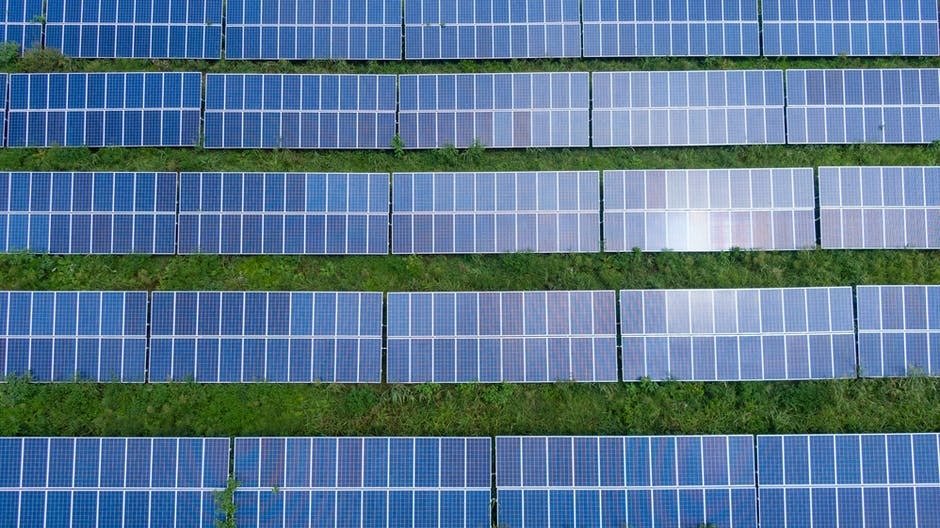The Pros And Cons Of Solar Power

Solar power has been around for centuries. Many people have discovered how to harness the energy of the Sun over time. Solar energy is heat and radiant light from the Sun, which is captured using a wide variety of evolving technologies including photovoltaic, solar heating, solar photovoltaic, solar thermal power, solar architecture, synthetic photosynthesis, and molten salt technologies. Solar cells consist of semiconductors that absorb energy from photons found in the sun's rays, which is then transformed into electricity in a battery or solar power generator. Check out this site for more details about solar power: https://blueravensolar.com/south-carolina/.
Solar energy is classified as renewable energy because it can be replenished easily unlike other sources of energy like coal, oil, and gas, which have to be drilled for, mined, and refined before they can be consumed. This makes solar energy more abundant than other energy types. In addition, it is readily available as the sun shines nearly twenty-five days a year. Unlike oil and gas, which must be stored in large quantities and transported hundreds or thousands of miles, solar cells can be installed anywhere.
It can be used to supplement your current electricity, or to totally replace your electric power. The amount of electricity generated by solar energy depends largely on the amount of sunlight received. Photovoltaic systems may be used for backup electricity as well. This basically means that you will not need to rely on the regular power grid that you and your neighbors rely on. This means that your electric bills will be much lower, and you will become more self-sufficient.
The only disadvantage of solar panels is that they take a lot of space, which limits their use to remote and underdeveloped areas where sunlight is plentiful. Another problem is that they can be costly, starting at ten thousand dollars or more. Although these energy generators are highly efficient, they still have a learning curve to overcome. Once you learn how to use them properly, you can enjoy a source of free electricity that virtually eliminates your need for any conventional energy source. Unlike fossil fuels, which are slowly depleting over time, using solar energy will not reduce the supply of fossil fuels anytime in the near future.
Solar energy has many advantages and disadvantages, depending upon the location of the solar panel. For example, if the sunlight is concentrated in a small area, then it will be less effective. This is because only a small fraction of the light reaches the surface of the earth. Nevertheless, many areas do receive a great deal of sunlight, and it would be wasteful to not use this resource. A lot of people's homes do not receive enough sunlight, and they rely heavily upon expensive electricity produced from coal, natural gas, and nuclear energy sources that are more expensive than solar energy. On this page you will get solar installation services and also get savings estimate of the installation, visit for more info.
As more research is done on solar energy, there will be more options made available. Until then, it is important for people to familiarize themselves with the different kinds of energy that are available as well as their pros and cons. Since solar power can be used in place of conventional electricity, you will not be putting off any potential harm to the environment. In addition, with new technologies being developed, solar power may someday be just as efficient as other methods of producing electricity. Check out this page for more detailed information on this topic: https://en.wikipedia.org/wiki/Solar_panel.
